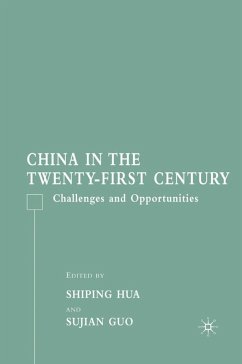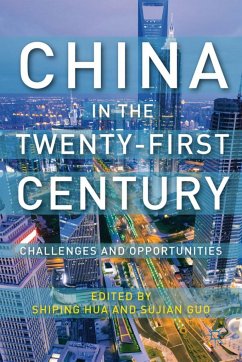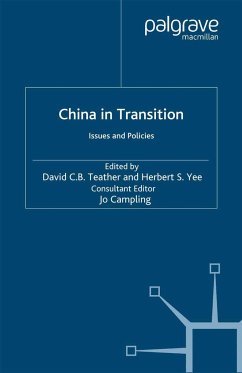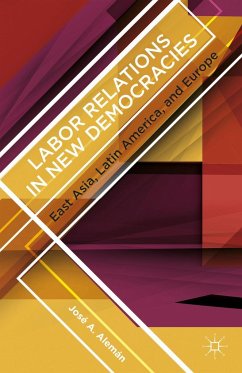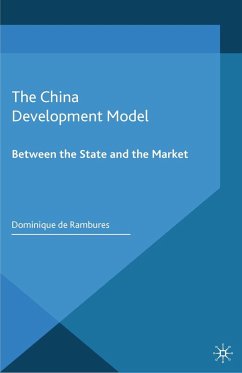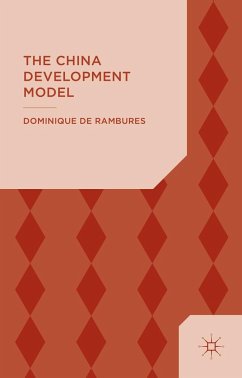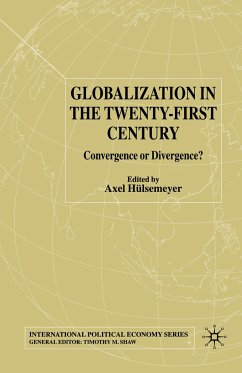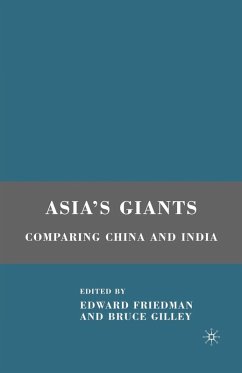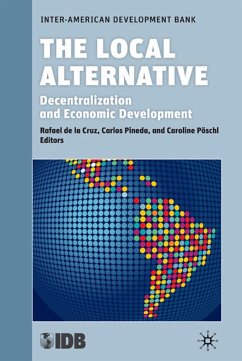
China in the Twenty-First Century
Challenges and Opportunities
Versandkostenfrei!
Versandfertig in 6-10 Tagen
38,99 €
inkl. MwSt.
Weitere Ausgaben:

PAYBACK Punkte
19 °P sammeln!
In this edited volume, leading scholars from US and China analyze the challenges and opportunities for China in the 21st century, each emphasizing particular dimensions of politics, economics, political culture, and foreign policy. Issues examined include: social harmony and statecraft , media and political culture, and legality in foreign trade.



